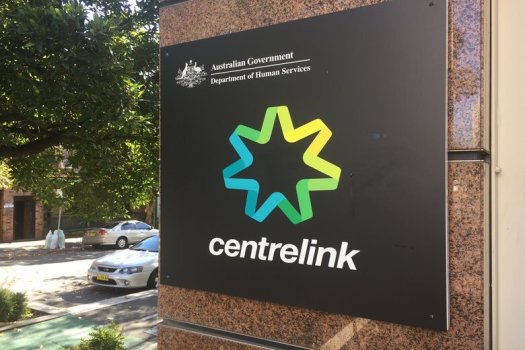
The NSW government says it will implement all the recommendations of an Ombudman’s report that found the past use of automation by Revenue NSW to recover fines and debts from defaulters’ bank accounts was unlawful.

In findings that have undertones of the federal government’s Robodebt debacle, the Ombudsman also found Revenue NSW didn’t provide decision makers with the right information to implement the system.
“There are lessons for all public sector agencies from our investigation of Revenue NSW,” NSW Ombudsman, Paul Miller said.
“In particular, when agencies are thinking about introducing automation technology to assist in the performance of their functions, whether that involves Artificial Intelligence or otherwise, it is imperative that they seek relevant legal advice and involve legal experts in the design and implementation process.”
Garnishee orders under scrutiny
The report looked at Revenue NSW’s design and use of the garnishee order system for recovering unpaid fines and other state debts since 2016.
The system gives Revenue NSW the power, in certain circumstances, to recover overdue debts and unpaid fines directly from the bank accounts of individuals.
Originally, the orders were issued manually to banks by staff. But electronic transmission of orders was introduced in 2013, and from 2016 Revenue NSW introduced technology, including automation, to help it issue ‘high volumes’ of orders every day.
It also used the system to recover State debts between March 2018 and March 2020.
The number of garnishee orders issued annually increased from 6,905 in 2010-11 to 1,517,748 in the 2017-18 financial year.
Use of the system ‘contrary to law’
The Ombudsman’s report concluded that the garnishee orders system for fines between January 2016 to March 2019, when there was ‘no human-on-top’, was unlawful.
“Revenue NSW’s conduct in operating the GO system to recover fines debts from January 2016 to March 2019 was contrary to law … as it did not comply with the Fines Act,” Mr Miller found.
He also concluded that Revenue NSW’s implementation of the system between March 2019 and March 2022 was wrong and ‘did not provide decision-makers with a clear and complete basis for those decisions, and did not clearly and fully record those decisions and evidence the decision-making process’.
The report also finds that the way Revenue NSW’s recovered state debts from March 2018 to March 2019 contravened the State Debt Recovery Act.
Mr Miller noted that ‘enforcement by garnisheeing bank accounts has the potential to operate in ways that are harsher, and potentially generate greater hardship, than other civil enforcement actions’, and that automation could enable garnishee orders to be executed ‘impersonally and remotely’.
Government accepts recommendations
Finance minister Courtney Houssos said the recommendations of the report will be fully implemented.

“While garnishee orders can be an important tool of last resort to recover fines and state debts, it is crucial they are implemented in a fair and equitable way,” she said in a statement.
She said Revenue NSW has already put changes in place and will further modify the system to better protect people on welfare and increase transparency.
“In line with the NSW Ombudsman’s recommendations, Revenue NSW will also be publishing further information about garnishee orders on its website, with a view to better educating the public on how they work and on what grounds they can be challenged,” she said.
Comment below to have your say on this story.
If you have a news story or tip-off, get in touch at editorial@governmentnews.com.au.
Sign up to the Government News newsletter




Nobody I repeat nobody under any circumstances should have the power to garnishee bank accounts of individuals unless it is done via a court order full stop. If this concept was to continue agencies who the general public pay fees and taxes to will be next and any choice in payment options and how they pay will be taken away from the general public and deny them their human rights. Just wait and see when cash disappears this will have a big effect when all we will have are units of value in ten/twenty years time and nobody will remember what the hard currency even was let alone its value